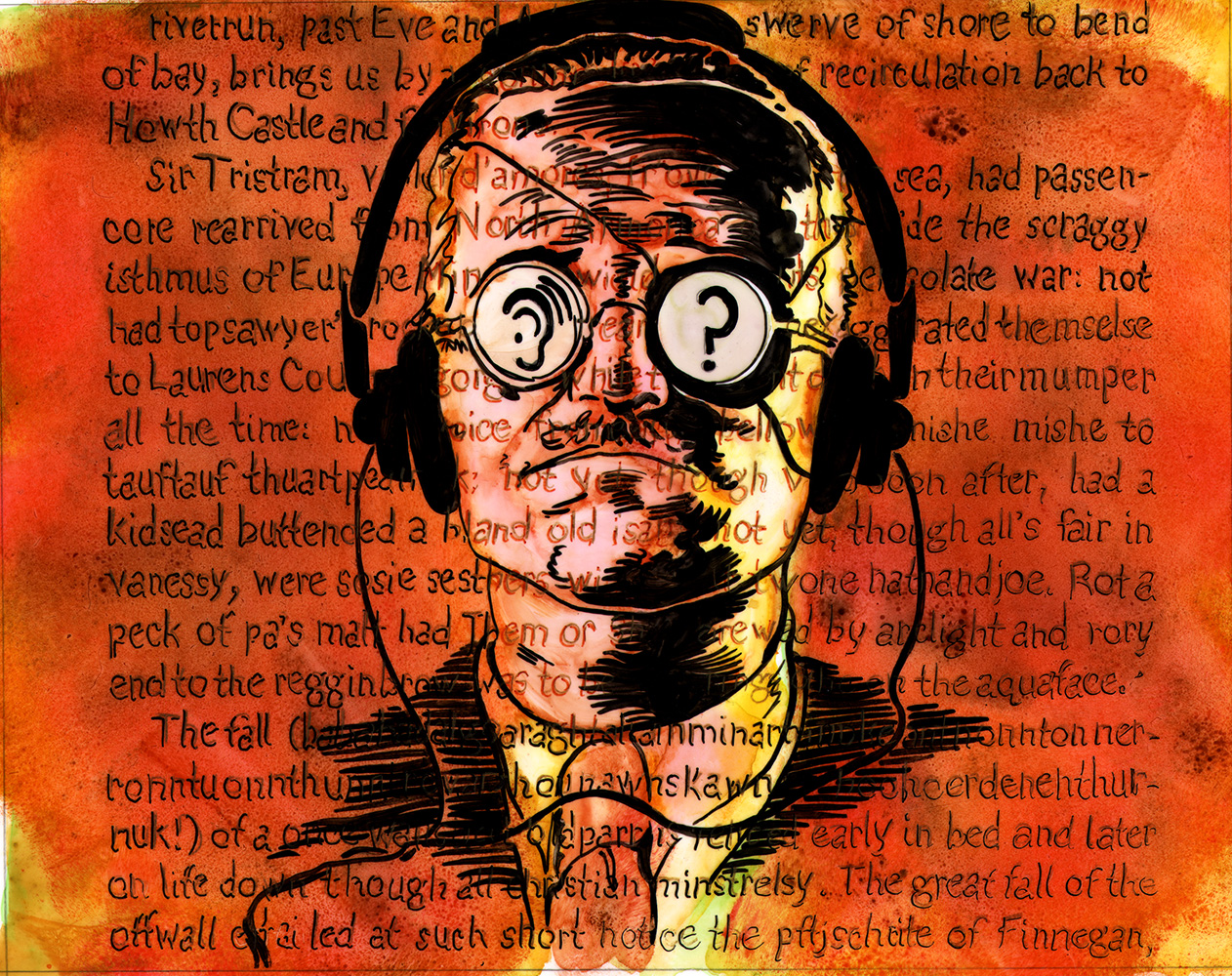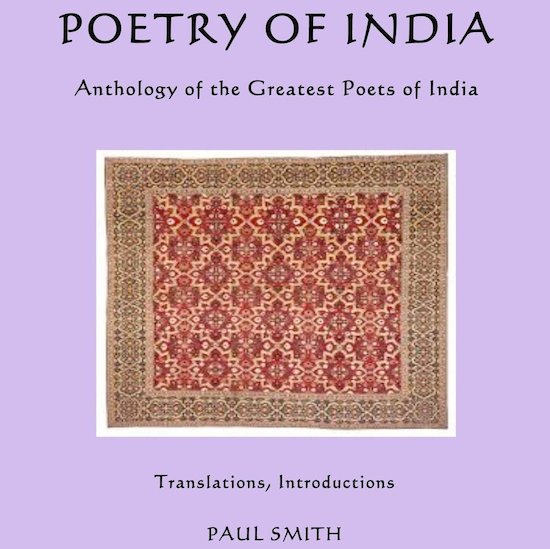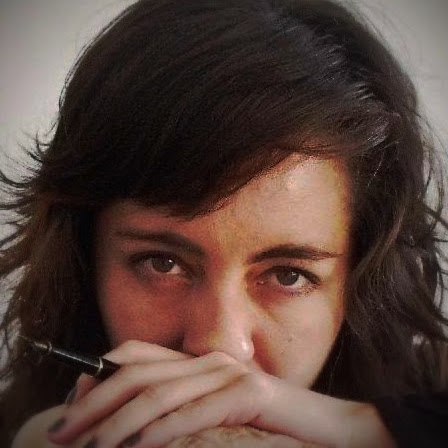Mariana Lanari hosts performative readings of James Joyce’s Finnegans Wake in Amsterdam, and recently recorded two chapters for an audio-musical version of Finnegans Wake, unabridged, called Waywords and Meansigns. Featuring established—as well as up-and-coming—artists from around the world, Waywords and Meansigns strives for a version of Joyce’s work that is stimulating and accessible to even the most casual of readers and listeners. The project officially launched a week ago, on Monday, May 4th: the 76th anniversary of Finnegans Wake.
Finnegans Wake contains over sixty languages. In spite of this, it has, in turn been translated into several other languages from its original English (though a number of translators of the text have given up, gone mad, or mysteriously disappeared, as was the case for a Japanese translator). This raises some interesting questions when considering its “translation” into an audio-musical language. What is lost, gained, or changed when we transfer a multilingual text to a musical, non-linguistic platform? Finnegans Wake reconstructs notions of language, and that process is echoed in converting such a text audio-musically. What we are left with is something resembling a full spectrum of meaning-making (in the loosest sense of the term).
Mariana, alongside composer Sjoerd Leijten, scored the first and last chapters of the text to music. Mariana and I talked about the novel and her involvement in Waywords and Meansigns, including the sensation of foreign-ness, how Finnegans Wake changed her life, and the odd comfort of settling into a vulnerable place of not-knowing or understanding. READ MORE…






